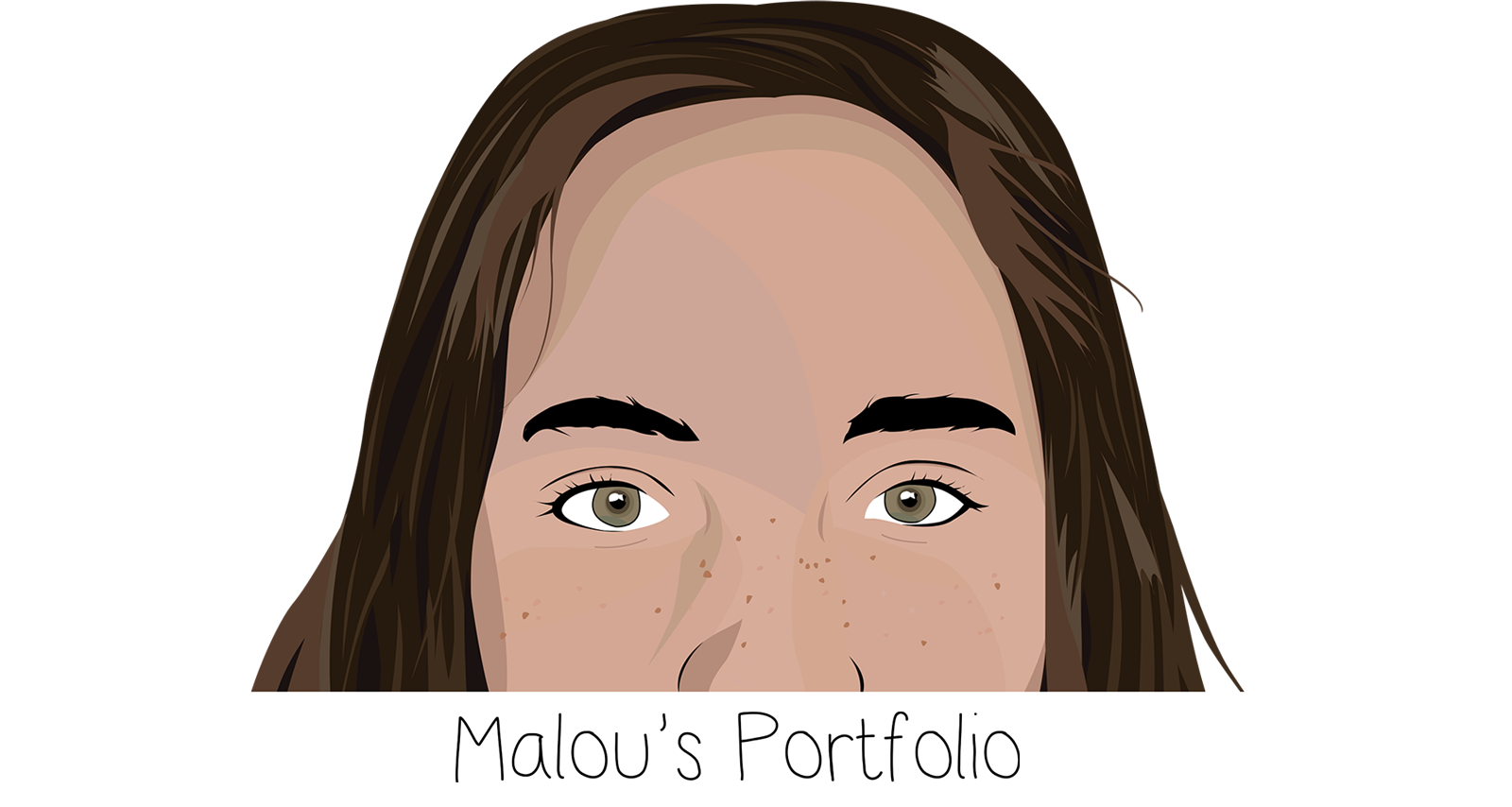Linear and non-linear narrative
“Soldier” is initially presented to the reader as a linear narrative, but ends up using a flashback to drive home the purpose of the story. While this is initially unclear, the ending of the story and its impact rely on the reader’s belief that everything we are reading is happening in the present moment up until the end of the story.
This is to accurately portray the experience of PTSD. A known effects of PTSD is re-experiencing mental flashbacks as if the past traumatic incident is happening right now. [1] In other words, those who experience mental flashbacks might not be aware that they’re flashbacks until they come back to the present moment. In order to make the reader feel this way, it was necessary to play with linear and non-linear narratives to the point that they almost cross over.
As readers, we are given a hint that the protagonist may be hallucinating when he calls out to the girl on the battlefield while the description of the room indicates that he is in his own living room. “She answers him from behind the fireplace. ‘Don’t come!’ he cries out.”
In that regards, the story uses description to differentiate between the present and the past setting.
Soldier; the full story
He mumbles to himself. Words in no particular order that eventually change into a barely audible humming sound. He sits on a wooden dining chair in the middle of the room. One of the chair’s legs is shorter than the others causing the wooden panels on the floor to creak every time he moves his own weight. A sofa has been pushed to the side and now faces the wall so that no one can see its stuffing coming out. The rest of the room has been left empty. He quietly cries as he stares. He sees the blurred outline of the fireplace in front of him. He sees the outline of a man on the ground. Then pieces of scattered brain in the sand. There are about ten other bodies spread across the courtyard, a broken camera lies next to an arm. He trudges towards the damaged van. An acrid smell with a hint of earth and bubbling fat encloses the area. The closer he gets the heavier his body feels. Light fades. Glass tears the skin of his finger. A shrill sound fills the inside of what is left of the van. He sees ghostly white eyes on a blood-covered face. A little girl sits in the front seat of the van. ‘You’re alive,’ he says. As he reaches out, his hand falls dead. With his fists he grabs hold of thin air, stumbles and falls on the wooden panels of the room. The chair has fallen on its back. He stays on his knees, his body bent over and his face in his arms. His sweater can’t muffle his cries. ‘Are you alive?’ he mutters when he finally lifts his head. His eyelids have slightly drooped. His eyes glisten and tears left damp trails on his face. He stares at what was once a fireplace, now blocked off by wooden panels. He sees her face again, the glass splinters in her eyes. He picks her up and runs towards a building where he leaves her with a medic. She’s still crying. He’s crying. She answers him from behind the fireplace. ‘Don’t come!’ he cries out. Deafening gunshots rapidly land like rain on a tin roof, just a block away from him and his squad. Dust rises up above the buildings. ‘Lead Bradley turn south down the road where the engagements happened.’ They head towards the courtyard. There’s a little crack in one of the wooden panels. He can see her through the broken window. ‘I’m so sorry.’ He crawls closer to the fireplace where he reaches out to remove the glass from her eyes but his hand hits the panel instead. He blinks a few times without changing position. Silence fills his ears. On the mantelpiece, something shiny catches his eye. Without hesitation, he grabs hold of it and throws it to the ground. The medal doesn’t break. ‘Iraq campaign,’ it says. The medal is attached to a ribbon with red, white, green, and black lines. He hunches over it as he starts crying out loud. Inspired by: Source: Robert Hass, ‘A Poem’, The Apple Trees at Olema: New & Selected Poems (Northumberland: Bloodaxe, 2011).
[1] Anxiety and Depression Association of America, Symptoms of PTSD (2016), https://www.adaa.org/understanding-anxiety/posttraumatic-stress-disorder-ptsd/symptoms.



